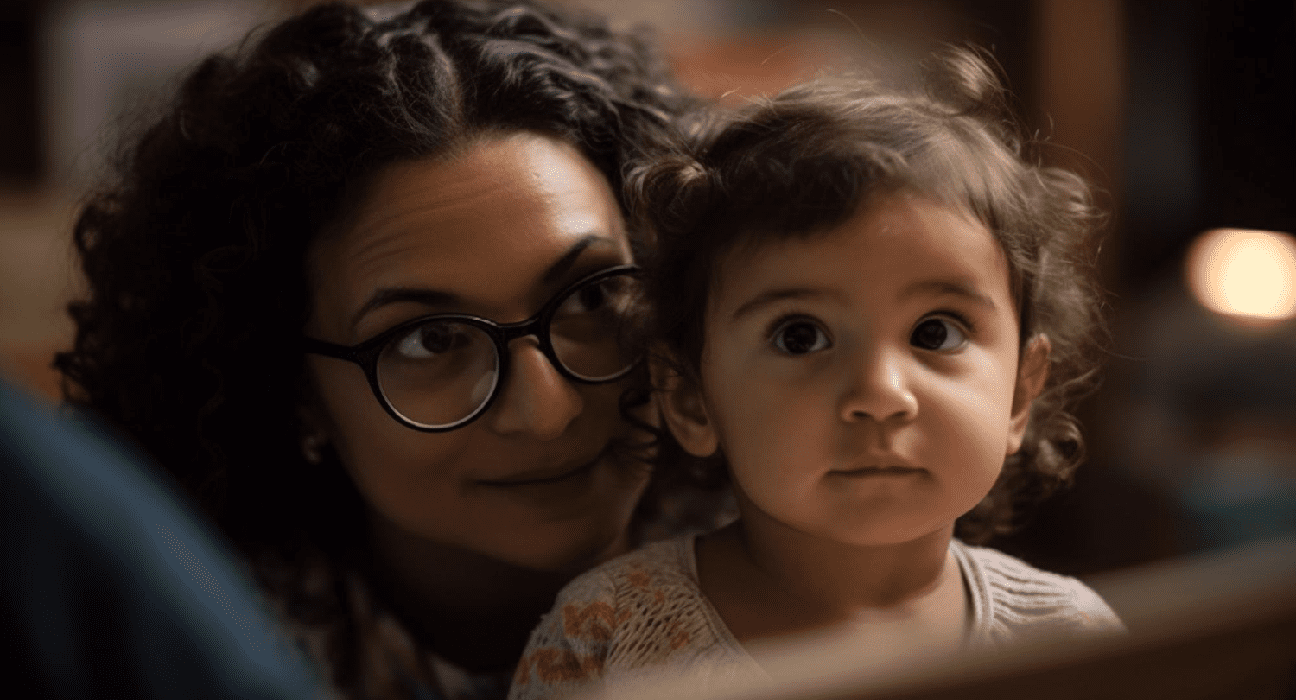Empathy in Action: Helping Children Navigate Big Emotions
Sonia gets a call at work that her two-year-old son had met with an accident with his babysitter. They said, her son was fine but the babysitter had been taken to the hospital because she had a minor fit attack. Sonia immediately left all her work and rushed to the crash site. As soon as she reached there, she saw some people trying to console her son. As soon as he saw Sonia, he rushed into her arms and began to cry. Immediately, she started diverting his attention to fancy things like “ice cream, chocolate, mobile phone, candies etc.”
Read More: Empathy vs Sympathy: Understanding the Difference
Nina was busy cooking for the guests who were going to arrive later that evening when her six-year-old daughter returned home crying. She was so engrossed, she hardly had the time to ask her daughter what had happened. Her daughter insisted on hearing her out, “My best friend broke up with me, and she wouldn’t talk to me. I feel so alone.” Her mother replied, “This is common. It happens all the time. There is nothing to cry about, you are a big girl. Come, help me to cook.”
Read More: Impact of Hostile Parenting on Child’s Mental Health
Lucy was a working single mother, who got extremely upset when her ten-year-old son brought a puppy home. The pup died a few years later in an accident when the son was still a teenager. After this incident, Lucy would see him toiling around the house for months, he looked upset. She said “Some or the other day, he will be gone. Don’t be so sad. It’s two months, you better start studying for exams,” she said.
In the examples above, the response of the parent should have been a bit different, which is quite the opposite:
- A two-year-old child is yet to learn to speak, and expressing emotions is extremely difficult for them. Here, the parent needs to bring up the event, every few days. Retelling the story repeatedly would defuse the scary and traumatic emotions. Here, the parent should have helped the child to tell and understand the story.
- The six-year-old girl, just wanted someone to tell her, “Best friend walking away from you can hurt.” It has been found in research that merely assigning a name/label to what we feel calms down the big emotions in children.
- Teenagers do not like lectures. These incidents can have a huge impact on their mind, especially when taunted. Now, they won’t talk or express much. They like to be left alone but just need to feel, “Someone is there for me.”
Read More: The Basics of Child Psychology
Usually, we avoid upsetting or dealing with an emotional break-out of our children, we either divert their attention or offer them something exciting to do. We feel that they will forget about the incident in a few days, hence we don’t bring up the topic again. Or whenever they are upset, we tell them not to cry because “you are a good girl, brave girls don’t cry. Boys never cry.”
Read More: Raising Boys in the 21st Century
After these kinds of situations, children/teens are full of scary feelings, they want to vent out, but don’t know how to deal with them effectively. It leaves them confused about what happened, and why it happened.
When these children grow up & aren’t happy with a friend’s actions, a relative’s interference, the mother’s nagging, the father’s non-interested behaviour, the husband’s bad habit, the wife’s irresponsibility, mother-in-law’s biased behaviour, the bosses’ unfair actions- they never approach the person he/she has a problem with due to the fear starting a fight/argument. Not Dealing with emotions of self and other people and saying, “You know my mother-in-law is like this only”, “you know my boss is such a loser”, “he is always so unfair to me”, “Mom loves my brother more than me” have you ever wondered why we do this.
Read More: The Psychology Behind the Fear of Abandonment
And let’s say, we know how to deal with our emotions but we are often scared of the next person’s reactions. And, we are so filled with all kinds of fears, that we don’t express our true feelings for years thinking of the person’s response – “You create issues on such small things”, “I never knew you were a cry baby”, “it wasn’t even meant to hurt you, did it?”
Is this fear ever going to let you have a great relationship with the other person?
If we turn to the person in concern and tell them “Mom, do you love brother more?, “When you say such things it hurts me, please be kind”, “I want to create a loving bond with you, are my actions hurting you?”, “I was expecting you to help me out since I was super tired,” “I have been hurt by your behaviour”, “I’d love it if we could speak more openly rather than taunting/hurting each other”, “I think your behaviour was a bit unfair,” you can create a real bond with people.
Read More: Tips to Fill Communication Gap Between Parent and Child
Don’t you think an honest conversation with the exact person in concern will be more effective, rather than discussing with ten different people and speaking ill about the person who can be your close one?
